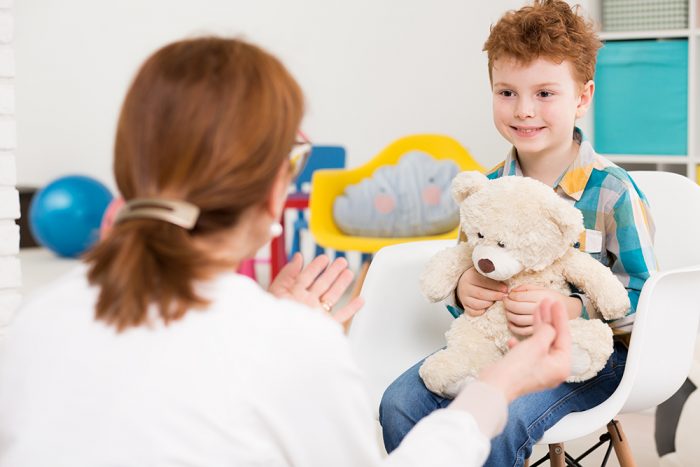Deputy Secretary Ahrens Responds to Associations’ Concerns Regarding SIS Assessments
Several provider associations sent a joint letter to the Deputy Secretary in April 2023, sharing concerns that members have expressed regarding the Supports Intensity Scale (SIS) reassessments, needs groups, needs levels, and the Office of Developmental Programs (ODP) processes associated with changes to the above items and resulting rate changes. ODP shared that they would be engaging with AAIDD to perform a fidelity audit at the time.
We received a response from the Deputy Secretary that summarizes the findings of the audit and outlines actions that ODP plans to take in response. View the response here.

















